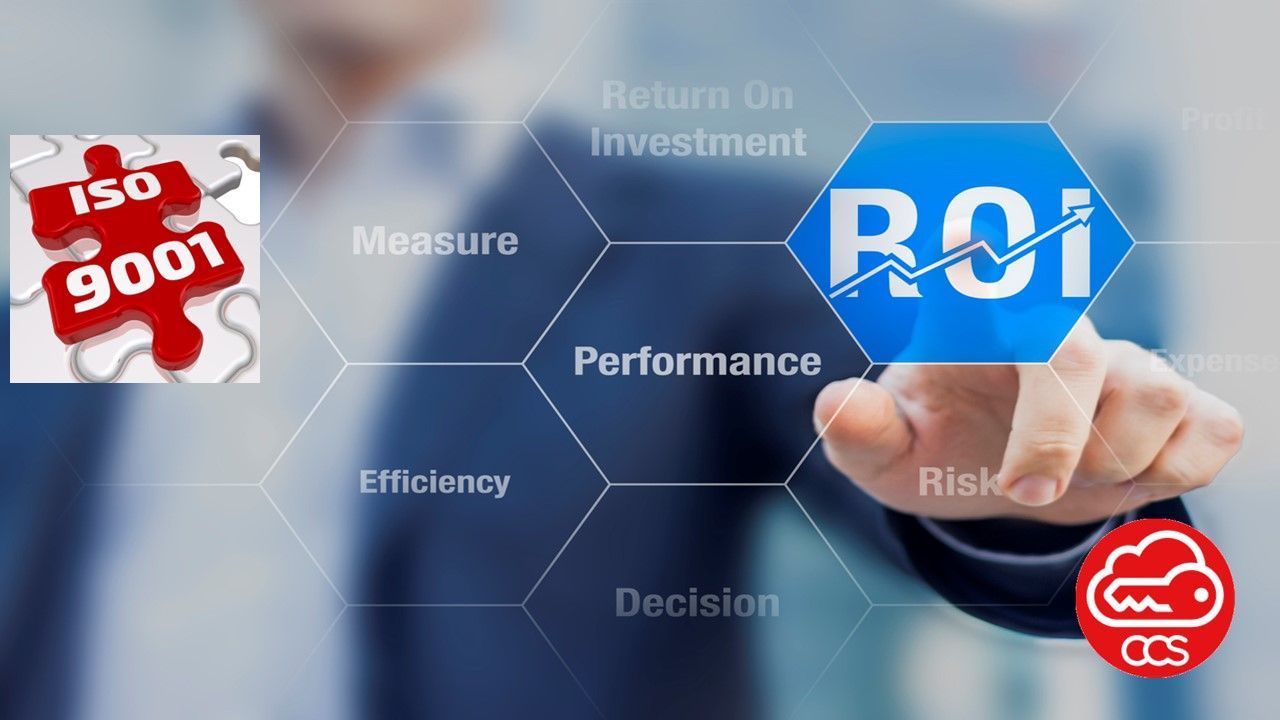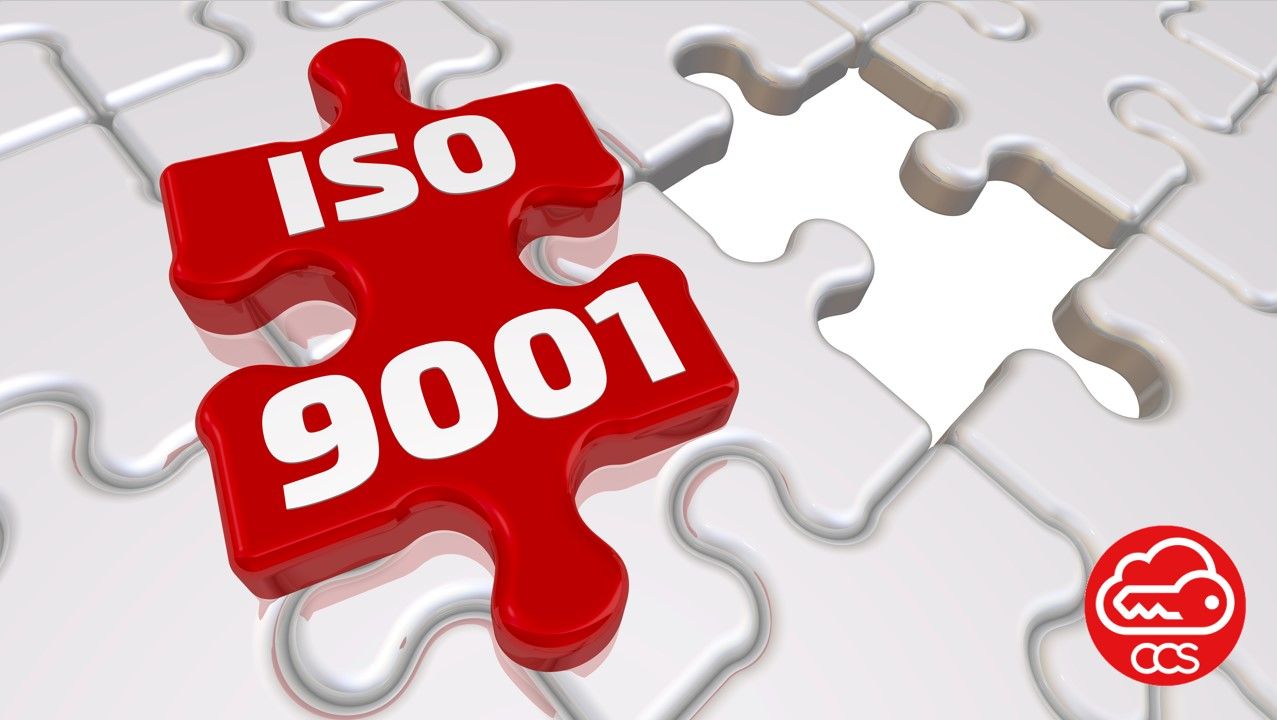What is the Return on Investment (ROI) for achieving ISO9001?
The Return on Investment (ROI) for achieving ISO 9001 certification can vary widely depending on various factors such as the size and nature of the organization, the industry it operates in, its existing quality management system, and the level of commitment to the ISO 9001 standards. Here are some potential benefits and considerations that can contribute to the ROI:
- Enhanced Quality Management:
- ISO 9001 provides a framework for a robust quality management system (QMS), leading to improved processes and better quality control.
- Reduction in defects and errors can lead to cost savings associated with rework, scrap, and customer complaints.
- Increased Customer Satisfaction:
- Meeting ISO 9001 standards often translates to improved customer satisfaction as the organization focuses on meeting customer requirements and delivering quality products or services.
- Market Access and Credibility:
- ISO 9001 certification is recognized globally and can enhance the organization's credibility and market access, especially when dealing with international clients or markets.
- Operational Efficiency:
- Streamlining processes and standardizing procedures can result in increased operational efficiency, reducing waste and improving overall productivity.
- Risk Management:
- ISO 9001 encourages organizations to identify and manage risks systematically, helping to avoid potential issues and disruptions that could incur costs.
- Cost Reduction:
- Improved processes and efficiency can lead to cost reductions in areas such as production, inventory management, and resource utilization.
- Competitive Advantage:
- ISO 9001 certification can be a differentiator in competitive markets, potentially leading to increased sales and market share.
- Employee Engagement:
- Involving employees in the quality management process can lead to increased morale, productivity, and innovation, contributing to overall business success.
It's essential to note that achieving and maintaining ISO 9001 certification involves initial costs for training, documentation, audits, and potential process changes. However, the long-term benefits can often outweigh these costs, providing a positive ROI over time.
To determine the specific ROI for your organization, you would need to
conduct a thorough analysis considering the factors mentioned above, along with the costs associated with implementation and ongoing compliance. It's also crucial to measure performance improvements and customer satisfaction over time to assess the impact of ISO 9001 on your organization's success.
However, there is evidence to suggest that investing in ISO 9001 certification can offer a positive return on investment (ROI) in terms of cost savings and increased business opportunities.
One such study was conducted by the International Trade Centre, which found that companies that implemented ISO 9001 saw an
average increase in sales of 15-20%. The study also found that ISO 9001 certification helped companies to improve their processes, reduce waste and errors, and increase customer satisfaction. These improvements led to reduced costs and increased revenue, resulting in a positive ROI.
Another study by the American Society for Quality found that ISO 9001 certification can help companies to reduce costs by improving quality, increasing productivity, and reducing waste. The study found that companies that implemented ISO 9001 saw an
average reduction in costs of 3.49%, resulting in a positive ROI.
Overall, the evidence suggests that investing in ISO 9001 certification can offer a positive ROI in terms of cost savings and increased business opportunities. By improving processes, reducing waste and errors, and increasing customer satisfaction, ISO 9001 certification can help companies to increase revenue and gain a competitive advantage.





